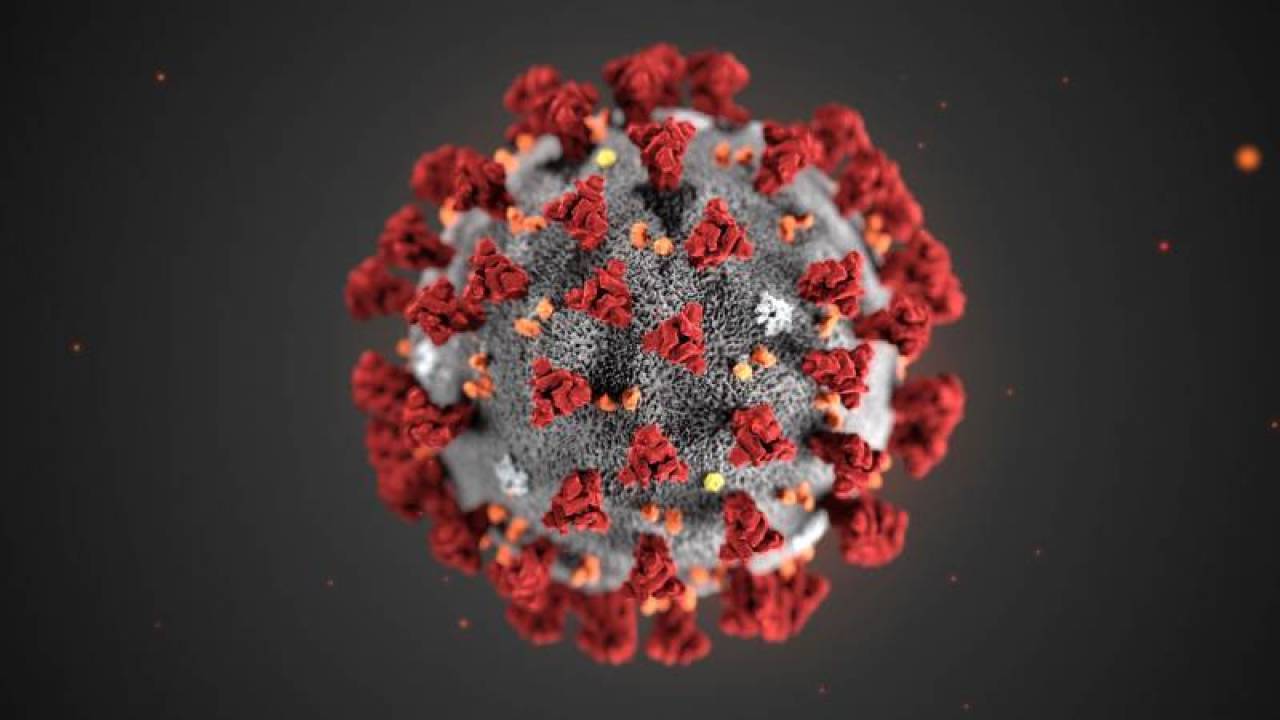Do your own research on the COVID-19 vaccine
Published 6:53 am Wednesday, January 13, 2021
|
Getting your Trinity Audio player ready...
|
Last week, we posted a survey on our Facebook page, allowing locals a chance to weigh in on taking the COVID-19 vaccine.
We have to admit we were surprised about the results.
A little more than half of the participants (55.5 percent) indicated they would take the vaccine. We were a little surprised at the results, given the fact that 376,000 Americans have died of COVID-19 and the pandemic has completely disrupted our normal, everyday lives, but that’s the purpose of a survey. We got an idea of how Chambers County feels about the vaccine, and obviously, there are a lot of questions.
We aren’t doctors, nor do we try to act like we have any knack for treating diseases, but we do listen to the experts, and they say this vaccine is safe.
Scientists from around the world and vaccine trials have tested both the Moderna and Pfizer vaccines. We understand people having doubts, especially in the current climate. Some people think COVID-19 isn’t real, others think it’s the end of the world, and most of us are somewhere in between.
But as interesting as the survey results were, we were actually just as interested in all the comments, as we gave respondents the space to explain their answers.
One thing was clear — a lot of people are unsure about this vaccine and a lot have legitimate concerns.
Some of those concerns cannot be answered today, such as long-term effects. (You could argue that we don’t know the long-term effects of a COVID-19 diagnosis either.) However, some of the concerns can be alleviated. For instance, we often see people post that they are afraid of getting COVID-19 from the vaccine. Well, neither vaccine actually contains the live virus, so you can’t get COVID-19 from the vaccine. You might get a fever, you might feel crummy for a few days, but you won’t get COVID from the vaccine. You can still get COVID-19 for 14 days or so after getting the vaccine, or if you’re in the small population where the vaccine is ineffective. (Even at 95%, that means 5 out of 100 people could still be susceptible to COVID-19).
We realized the public health department, hospitals and others are very strapped for cash right now as they put the public’s health interest first. However, it’s clear there needs to be a very thorough public health campaign, explaining the vaccines and answering questions the public might have.
The media, such as this newspaper, is doing its best to answer as many questions as possible, but there is, unfortunately, a lot of distrust between the average citizen and the national media right now, and although it shouldn’t, sometimes we feel that ripple effect locally. We’re one messenger, but hospitals, health departments, and people who have taken the vaccine are other sources for information, and we hope they’re putting a focus on trying to answer the public’s vaccination questions.
Right now, most of the population is still waiting for the opportunity to even make a decision on the vaccine. At this time, Alabama is moving in to phase 1b, allowing people 75 years and up to receive the vaccine.
We also recommend talking to your doctor about any concerns you have. Doctors should be able to answer most of your questions, and they know your health history and if you are a good candidate for the vaccine.
We also recommend you do your own research, from reputable sources, on the vaccine. And for the record, Facebook is not the place to find those answers, unless you’re clicking through to an article from a reputable source.
This is a scary time, and it’s something most of us haven’t had to deal with before. A year ago, we would’ve probably never considered whether we’d take a vaccine that was mass produced within a year. But, here we are, coming up on the one-year anniversary of when we all started wearing masks and going on grocery store scavenger hunts for toilet paper.
We urge you to do your part by not spreading misinformation. Research the vaccine and talk to your doctor. Get information from reputable sources. And then make the best decision for you and your family.




